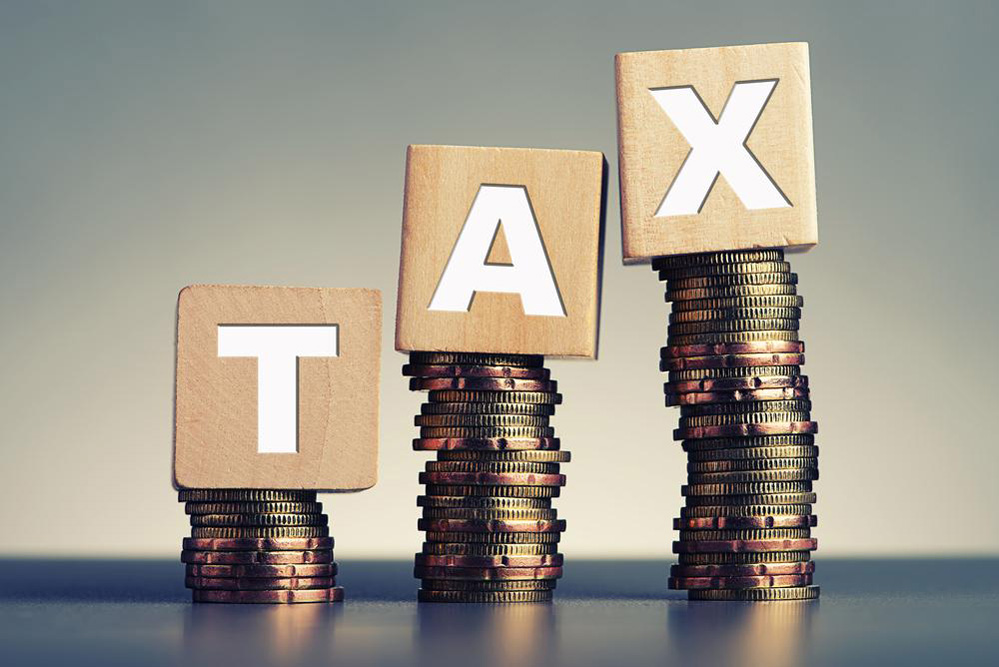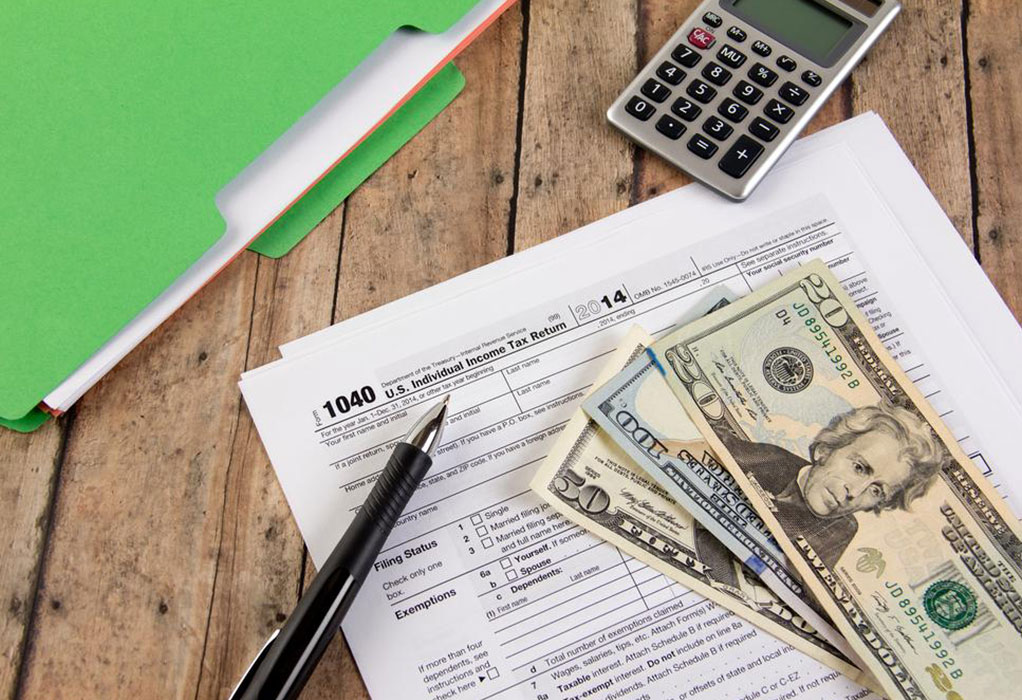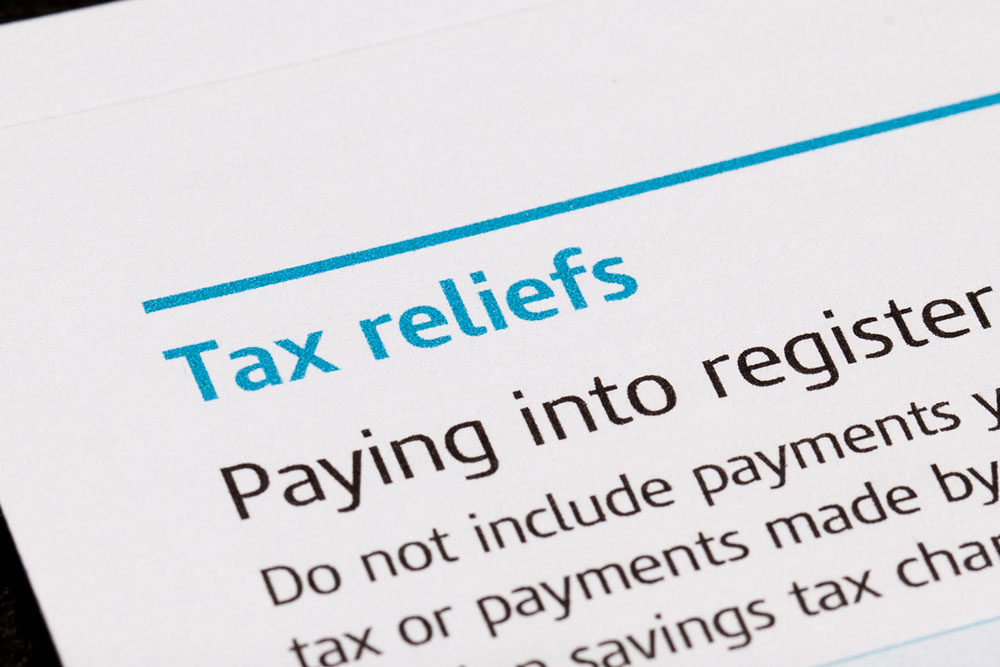Effective Post-Tax Season Strategies to Maximize Your Savings and Future Financial Security
Discover comprehensive post-tax season strategies to enhance your savings, optimize tax benefits, and secure your financial future. Learn about maximizing retirement contributions, adjusting withholdings, utilizing HSAs, and making strategic charitable donations to reduce tax liabilities and increase wealth. Perfect for individuals seeking effective ways to manage their finances after tax filing season and build a stronger financial foundation.

Effective Post-Tax Season Strategies to Maximize Your Savings and Future Financial Security
Completing your tax filing often brings a sense of relief, marking the end of a busy financial period. Many individuals assume that their focus can now shift away from tax planning until the next season. However, this time offers a valuable window for strategic financial moves that can position you for greater savings and reduced tax burdens in the future. Proper planning after tax season is essential for optimizing your financial health, enhancing your savings, and ensuring you're well-prepared for upcoming financial demands. In this comprehensive guide, we delve into actionable steps you can take now to strengthen your financial position, leverage tax advantages, and build a more secure financial future.
Maximize Contributions to Your Employer-Sponsored Retirement Plan
An often-overlooked strategy is to review and increase your contributions to employer-sponsored retirement accounts such as 401(k), 403(b), or similar plans. Many employers offer a matching contribution up to a certain percentage or dollar amount—considered free money—making it an excellent opportunity to boost your retirement nest egg. If your income has increased or your financial situation has improved, consider increasing your contribution rate. Doing so can significantly accelerate your savings growth without straining your current lifestyle. Additionally, contributing the maximum allowable limit—currently $22,500 for individuals under 50 and $30,000 for those 50 and older—can provide substantial tax benefits and ensure you are making full use of your employer’s matching program. Consistently increasing your retirement contributions over time not only fortifies your long-term financial security but also leverages compound interest to grow your investments exponentially.
Review and Optimize Your Tax Withholdings
One of the most impactful steps you can take following tax season is to reassess your tax withholding settings. If you experienced a large tax bill this year or received a substantial refund, it indicates that adjustments may be needed. Overpaying taxes throughout the year means you've effectively given the government an interest-free loan, which limits your cash flow and potential investment opportunities. Conversely, under-withholding could result in penalties or a larger tax bill next year. Use IRS withholding calculators or consult with a tax professional to determine the optimal amount to be withheld from your paycheck. Small modifications—such as updating your W-4 form—can lead to better cash flow management, provide more discretionary income during the year, and help prevent unpleasant surprises when tax season rolls around again. Proper withholding adjustments allow you to utilize your money more effectively, supporting your savings, debt repayment, or investment goals.
Utilize Health Savings Accounts (HSAs) for Tax Advantages
Health Savings Accounts (HSAs) are a powerful tool for reducing taxable income while saving for medical expenses. If you have a high-deductible health plan (HDHP), contributing to an HSA can offer triple tax benefits: contributions are tax-deductible, the account's growth through interest or investments is tax-free, and withdrawals for qualified medical expenses are also tax-exempt. The current annual contribution limit for individuals is $3,850, and for families, it is $7,750. Those aged 55 and above can contribute an additional $1,000 catch-up contribution. By funding an HSA, you can effectively lower your taxable income and build a dedicated fund for healthcare costs that can provide peace of mind during uncertain times. Moreover, unused HSA funds roll over from year to year, allowing you to accumulate significant savings over time, which can serve as a supplementary retirement resource or emergency fund.
Strategic Charitable Giving and Tax Deductions
Charitable donations are not only a way to support causes you care about but also offer valuable tax deductions. Planning your charitable contributions before the end of the year allows you to maximize these benefits. Whether you donate cash, appreciated securities, or tangible assets, thoughtful giving can reduce your taxable income while making a meaningful impact. Keep accurate records of your donations, including receipts and acknowledgment letters, to substantiate your deductions during tax filing. Consider bunching charitable gifts into one year to surpass itemization thresholds, especially if your standard deduction is high. Donating to religious organizations, educational institutions, or social causes aligns with your values and provides an opportunity for tax-efficient philanthropy. Implementing a strategic approach to charitable giving enhances the intrinsic value of your donations and ultimately benefits both your community and your financial health.
In conclusion, while tax season may be over, the financial planning process is ongoing. By actively engaging in these post-tax season strategies—maximizing retirement contributions, optimizing tax withholdings, leveraging HSAs, and planning charitable donations—you can improve your financial stability and significantly reduce future tax liabilities. Taking proactive steps today will set the stage for a more secure, wealthier tomorrow. Remember, consulting with a financial advisor or tax professional can help tailor these strategies to your specific circumstances, ensuring maximum benefit and peace of mind. Keep your financial goals in focus, prioritize strategic planning, and enjoy the satisfaction of knowing you're making smart moves that pay dividends in the long run.





